Hijab Style Across The World. 💗
Hijab style across the world. 💗
Hijab Styles Across the Globe
What is a hijab? Chances are you have seen or met a woman who wears one, but you may still be wondering what it is. The hijab is the most common name for the headscarf that Muslim women wear. The hijab is a choice for Muslim women - some women to choose to wear it as a form of worship to God and to embody modesty. It is a reflection of one’s devotion and belief in God. There are approximately 1.6 billion Muslims across continents, which is the reason there are several hijab styles worn by women from different cultures and countries, spanning from Afghanistan to Indonesia, and each country has its own unique and traditional hijab style that women proudly wear. Each country has its own dashing style to be appreciated and celebrated!
PAKISTAN
In Malala Yousafzai’s famous headshot, she styles her scarf the classic Pakistani way. She loosely drapes the scarf (also called dupatta in Pakistan) around her head and leaves a bit of her hair to peek through in the front. The colors range from dark colors to bright colors, matching traditional ethnic clothing. This style is always elegant, classy, and versatile for any look desired.
AFGHANISTAN
Afghan women have often worn (and continue to) a unique type of hijab known as the burqa. The burqa is a long piece of clothing draped over the head of the woman and often drapes all the way down to the knees or ankles. This covers the entire face and leaves a spot for the eyes through a net type fabric. Burqas can be any color, but are usually blue in Afghanistan.
MALAYSIA
Malaysia, budding with new Islamic fashion trends, is the hotspot for all new hijab trends. Malaysian hijab often consists of light or brightly colored hijabs and floral patterns. Drapes are beautiful created to add volume and provide full coverage of the hair.
INDONESIA
Similar to Malaysia, Indonesia is always budding with new hijab trends. Indonesian-styled hijabs fully cover the hair and may incorporate undercaps underneath the hijab to create a more elaborate and unique look. Certain hijabs may have extra volume by having floral designs attached.
ETHIOPIA
The Ethiopian hijab is worn by wrapping it like a turban. The turban fully covers the head and hair. Turbans are created with simply fabric or elaborate, colorful, traditional types. Turbans can be set in place with pins and brooches.
SOMALIA
Like Ethiopian women, Somali women also style their hijabs by creating a turban. Turbans can be created with long scarves to create a more volumized look. Women may also wear an undercap to add multiple colors and patterns. Jewelry can also be worn, such as earrings.
SYRIA
Syrian women frequently wear their hijab wrapped around their head and secured with pins. They often also wear undercaps and create drapes at the top of their head to add a unique design. In addition to fully covering the hair, this style covers the neck and partially the chest area.
PALESTINE
The Palestinian hijab style consists of a tightly wrapped scarf, providing full coverage of hair and neck. Like the Syrian style, an undercap is usually worn to add volume and to help ensure the hijab stays in place as desired.
IRAN
In Iran, women often wear what is known as the chador, a form of hijab. It is a long piece of cloth that drapes over the head and reaches to the waist (sometimes knees or ankles). The chador is often the color black and is a versatile, classy, dashing look.
TURKEY
The Turkish hijab is very chic and classy. While still providing full coverage, the scarf is tied into an elegant bow on one side of the neck to add a feminine, chic look to it. The hijab looks best with volume and with a simple knot or bow to hold it in place.
The hijab is much more than a versatile piece of clothing worn by Muslim women - it is a symbol of a proud Muslim woman worshipping God by deciding to wear the hijab, regardless of style. These are just a few snapshots of how the hijab is worn beautifully across different countries. The hijab is a unifying force of Muslim women of all ages, backgrounds, ethnicities, and nationalities.
More Posts from Sproutgreenie and Others
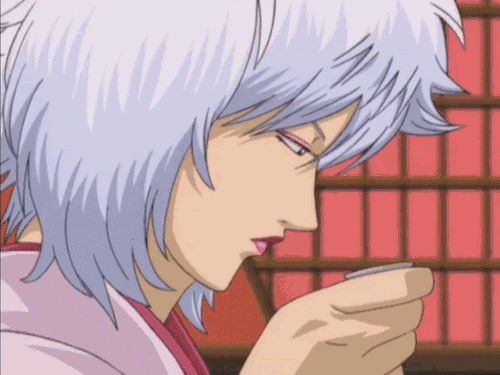

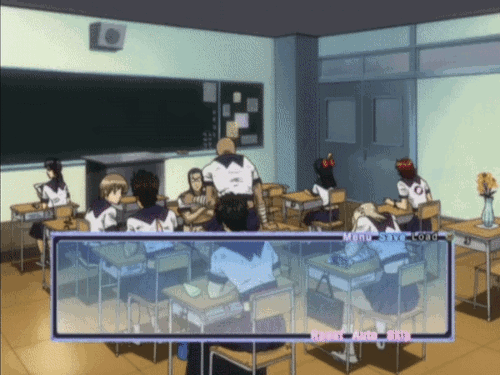

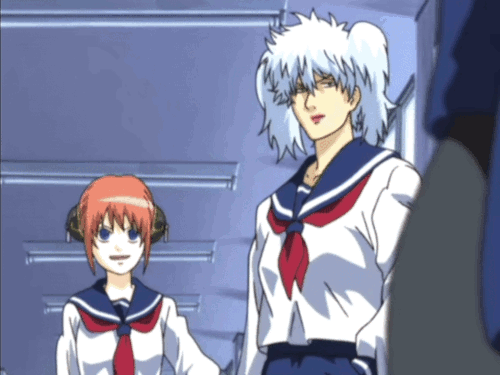
An Incomplete Collection of Paako Appearances (episodes 1-100):
Original: Episode 24
TakaraZura: Episode 50
Tsundere: Episode 78
Hostess: Episode 82
Sukeban: Episode 93
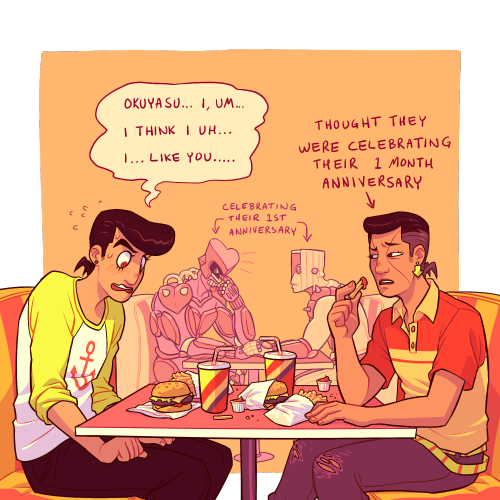
@josuyasuweek2023 day 2: stolen kiss / confession / stands
each idiot is more clueless than the next

TGCF: Anticipation
Yeah so, anyways, remember kids, art is an inherently masochistic tendency
Okay so, this August I was visiting my family, and while I was there my little sister made me watch the Heaven Official’s Blessing (Tian Guan Ci Fu) Donghua, and long story short, after about 6 hours of denial I have accepted my fate and I’ve stolen all her books and I’m here now 3 months later, I spoilered myself on literally everything and when I tell you the absolute death grip this shitshow has on me The absolute death-grip this ship has on me, oh my GOD I can’t put it into words how much I’m not normal about Lang Qianqiu and Qi Rong
ANYWAYS SPOILERS
Through my incoherent descent into madness, I had the idea what if before his soul fully reformed and came back Qi Rong was conscious for a while, like he could see and hear his surroundings but there wouldn’t be enough of him for others to see him yet, something something isolation but also some time for him to think and feel conflicted about the fact that Lang Qianqiu is not only raising his son but helping to bring him back Also I headcanon him to be gone for like, 3-ish years, so Guzi is like, 10 years old here Idk I have many thoughts and emotions about this so naturally I had to let them out in the most masochistic way possible
Also this piece was also inspired by a little comic by @/starbiology (on both Twitter and Tumblr): https://at.tumblr.com/starbiology/nightmare/i7budjcsdzvi (Also special Thank You to her for explaining QiuRong to me when I was still new to the Fandom)
It didn’t exactly turn out the way I wanted it to, I couldn’t make some things work the way I wanted, but I’m pretty happy with the overall outcome (Despite the fact that I struggled so much with it holy shit, I’m never drawing anything again without making a proper charachter design ref-sheet first, the pain and suffering it was to figure out the designs on the fly, I’m never doing that again, same with the colors, it genuinely felt like I was purging something from myself drawing this) I had to downsize it like 3 times because it was too big to turn into a gif, which is just a travesty, so I’ll probably upload the non-gif full size image tomorrow TGCF belongs to MXTX Art by @mexcraziness-art
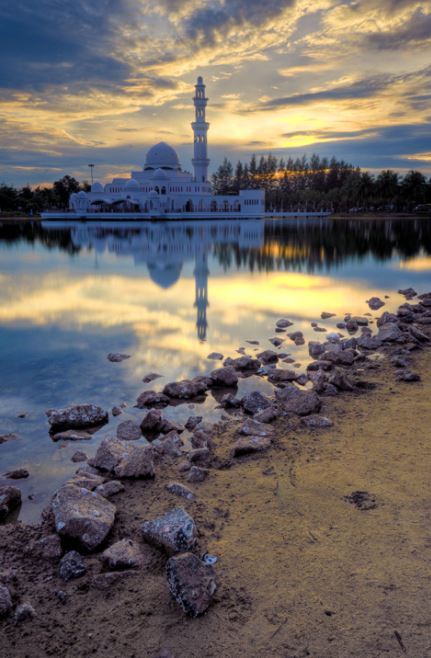
The Floating Mosque / Malaysia (by Abdul Manaf Yasin).

The Putra Mosque in Putrajaya, Malaysia 🇲🇾
Yiling laozu T.T


Gojoooo
oikawa is all smooth banter and coy winks when talking to pretty people… until he talks to the person he actually likes, and then he’s blushing and fidgeting because oh no why are they so cute


EXO JAPAN 1st ALBUM「COUNTDOWN」
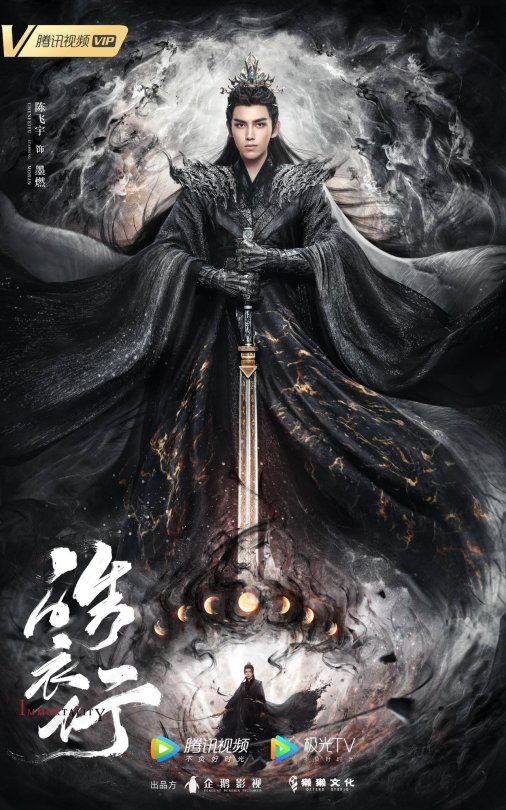


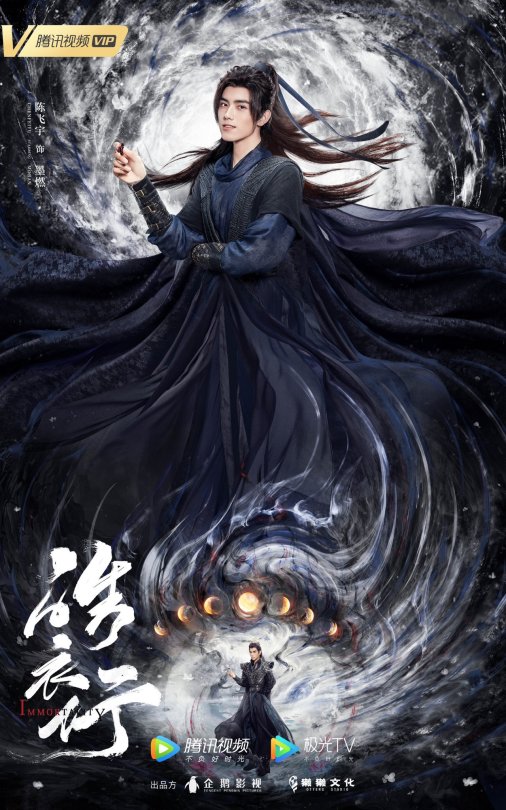

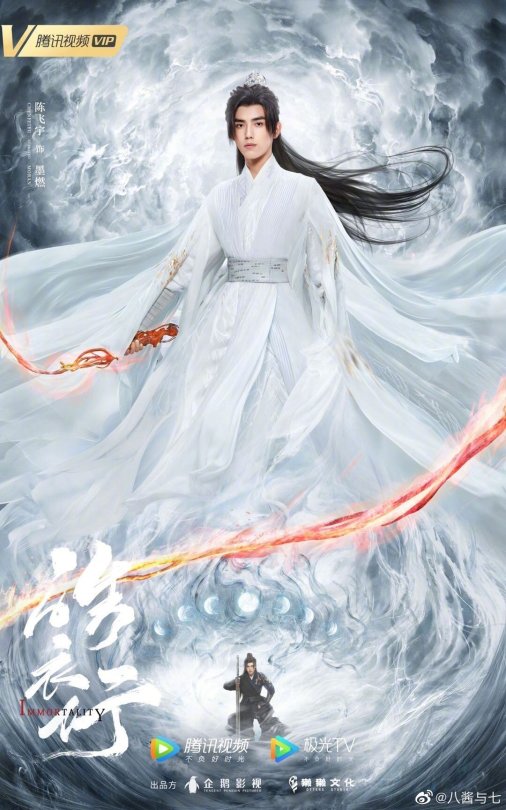
Official character posters for Immortality
-
 red-son-yj-fan-b-16 liked this · 11 months ago
red-son-yj-fan-b-16 liked this · 11 months ago -
 i-dont-care-for-it-all reblogged this · 3 years ago
i-dont-care-for-it-all reblogged this · 3 years ago -
 i-dont-care-for-it-all liked this · 3 years ago
i-dont-care-for-it-all liked this · 3 years ago -
 mymotherisverymadatme liked this · 4 years ago
mymotherisverymadatme liked this · 4 years ago -
 hethemheathen liked this · 4 years ago
hethemheathen liked this · 4 years ago -
 warmsmilesandhugs liked this · 4 years ago
warmsmilesandhugs liked this · 4 years ago -
 alter-ego-display-case liked this · 4 years ago
alter-ego-display-case liked this · 4 years ago -
 v1ral300 liked this · 4 years ago
v1ral300 liked this · 4 years ago -
 roos-cookies liked this · 4 years ago
roos-cookies liked this · 4 years ago -
 kkamala-khan liked this · 4 years ago
kkamala-khan liked this · 4 years ago -
 lakikuli liked this · 4 years ago
lakikuli liked this · 4 years ago -
 chaandnoor liked this · 5 years ago
chaandnoor liked this · 5 years ago -
 osugahunnyicedtea liked this · 5 years ago
osugahunnyicedtea liked this · 5 years ago -
 moesresources liked this · 5 years ago
moesresources liked this · 5 years ago -
 hikichi reblogged this · 5 years ago
hikichi reblogged this · 5 years ago -
 trendeline1 liked this · 5 years ago
trendeline1 liked this · 5 years ago -
 peanutbutterandhunny liked this · 5 years ago
peanutbutterandhunny liked this · 5 years ago -
 yolo-popcorns reblogged this · 5 years ago
yolo-popcorns reblogged this · 5 years ago -
 yolo-popcorns liked this · 5 years ago
yolo-popcorns liked this · 5 years ago -
 xzmxnhxsxn liked this · 5 years ago
xzmxnhxsxn liked this · 5 years ago -
 jasminescheherazade liked this · 5 years ago
jasminescheherazade liked this · 5 years ago -
 suvmagnolia liked this · 5 years ago
suvmagnolia liked this · 5 years ago -
 satrangi-re liked this · 5 years ago
satrangi-re liked this · 5 years ago -
 nefariouslightinwinter liked this · 5 years ago
nefariouslightinwinter liked this · 5 years ago -
 azamkhazam liked this · 5 years ago
azamkhazam liked this · 5 years ago -
 annoyingrin reblogged this · 5 years ago
annoyingrin reblogged this · 5 years ago -
 annoyingrin liked this · 5 years ago
annoyingrin liked this · 5 years ago -
 neeycooler1-blog liked this · 5 years ago
neeycooler1-blog liked this · 5 years ago -
 isabellemuller09-blog liked this · 5 years ago
isabellemuller09-blog liked this · 5 years ago -
 softnala liked this · 5 years ago
softnala liked this · 5 years ago -
 eclectic-nb reblogged this · 5 years ago
eclectic-nb reblogged this · 5 years ago -
 reiboom90 liked this · 5 years ago
reiboom90 liked this · 5 years ago -
 bideribikemik liked this · 5 years ago
bideribikemik liked this · 5 years ago -
 copperununtrium liked this · 6 years ago
copperununtrium liked this · 6 years ago -
 lumutness liked this · 6 years ago
lumutness liked this · 6 years ago -
 lulidumbassvc reblogged this · 6 years ago
lulidumbassvc reblogged this · 6 years ago -
 lulidumbassvc liked this · 6 years ago
lulidumbassvc liked this · 6 years ago -
 iamnataliacarrington liked this · 6 years ago
iamnataliacarrington liked this · 6 years ago -
 coandjas liked this · 6 years ago
coandjas liked this · 6 years ago -
 thatraspberrybouquet liked this · 6 years ago
thatraspberrybouquet liked this · 6 years ago -
 porcelain-ivory--steel reblogged this · 6 years ago
porcelain-ivory--steel reblogged this · 6 years ago -
 isabellemuller14-blog liked this · 6 years ago
isabellemuller14-blog liked this · 6 years ago -
 mi-lkk liked this · 6 years ago
mi-lkk liked this · 6 years ago -
 randomasterposts reblogged this · 6 years ago
randomasterposts reblogged this · 6 years ago -
 zyex liked this · 6 years ago
zyex liked this · 6 years ago
